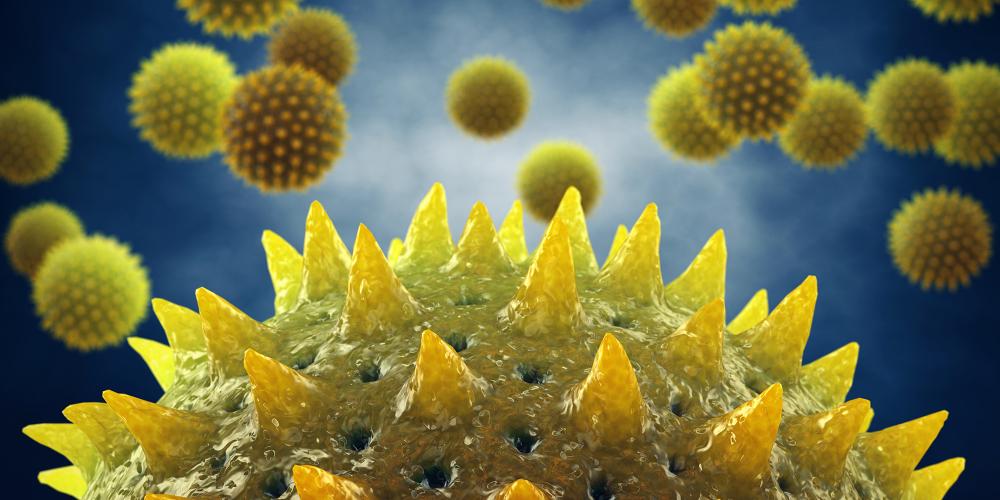
Sarah's Health Notes: Hay Fever
For some unlucky souls, hay fever starts early and a few are suffering already, according to reports. Most of us tend to get symptoms later, from the end of March or the beginning of April, but this year everything’s early in the natural world so chances are that pollen will be flying around pretty soon. With Covid-19 still with us, mostly as the highly transmissible omicron variant, there can be confusion in distinguishing the underlying cause of respiratory symptoms.
So just to be belt and braces, the main symptoms of hay fever are the following:
• Runny/stuffy nose
• Sneezing
• Itchy/watery eyes
• Itchy/sore throat
Sometimes sufferers (like me) experience:
• Blocked ears
• Headache
NB people with asthma may get short of breath with hay fever
If your symptoms match those of hay fever, which affects about one in five people in the UK, there are simple strategies that can help:
• Apply Haymax (or Vaseline) to the inside of your nose to trap pollen before you breathe it in.
• Dose yourself with Aller-DMG, formulated to help hayfever symptoms including itchy, watery eyes and a runny nose. Pharmacist Shabir Daya has been recommending this for years and it really works, in our experience.
• If your eyes get sore and irritated, try A Vogel Eye Drops, with the herb eyebright to refresh and moisturise them, suggests Shabir Daya. These eye drops are suitable for contact lens wearers who can have particular problems with pollen and dust getting stuck behind the lens.
• For stuffy noses, try Sinol-D All-Natural Nasal Spray Decongestant; unlike some products, this is non-habit forming and has been clinically proven to be effective.
• In the garden or car, channel Jackie O and don your biggest wrap-around sunglasses. You may snuffle but at least you’ll look glam!
• When you come back indoors, do have a shower to rinse off pollen on hair or skin. Put clothes in the wash; don't dry clothes outdoors where they may attract any pollen floating around.
• Check the Met Office Pollen forecast daily here; there’s also an App for your phone.
• Plan to go outside around midday when the pollen count tends to be lower.
DISCLAIMER: The views, opinions and information expressed in this article and on Victoriahealth.com Ltd are those of the author(s) in an editorial context. Victoriahealth.com Ltd cannot be held responsible for any errors or for any consequences arising from the use of the information contained in this editorial or anywhere else on the site. Every effort is made by the editorial and content team to see that no inaccurate or misleading information, opinion or statement appear, nor replace or constitute endorsement from medical bodies or trials unless specified. Victoriahealth.com Ltd accept no liability for the consequences of any inaccurate or misleading data, information, opinion or statement. Information on Victoriahealth.com Ltd and in the editorials is provided for informational purposes only and is not intended as a substitute for the advice provided by your physician or other healthcare professional. You should not use the information on this website or in the editorials for diagnosing or treating a health concern or disease, or for the replacement of prescription medication or other treatment.